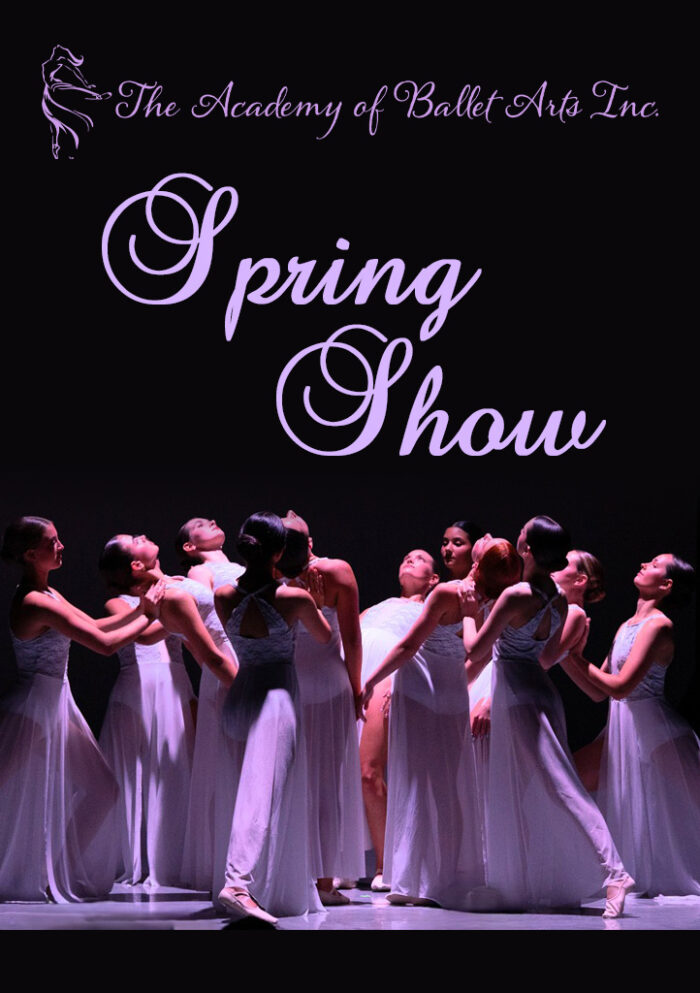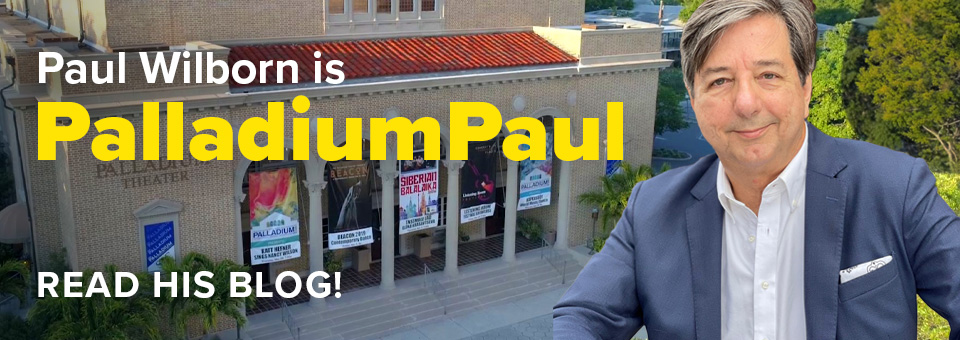Pianist Matthew Graybil appears in concert tonight (11-25 at 7:30 p.m.) at the Palladium. This is his return concert as part of The Chopin Project.
In a review published this week by the Bradenton Herald, the reviewer praised Graybil as a “fine pianist” with ‘flashy finger work and operatic material’ who plays with “angelic simplicity and clarity.”

Matthew Graybil
Tickets for Graybil’s concert, featuring the music of Chopin, Schubert, Brahms, and Liszt, are available by calling our box office at 727-822-3590 (three hours before tonight’s performance) or following this link for online tickets and information. Tickets should also be available at the door prior to tonight’s 7:30 performance.
Here’s a bit more from that review:
The program itself had a nice arc starting with the breezy and diverting Two Scherzi, D. 593 by the 20-year-old Franz Schubert in 1817. Light on its toes, Graybil let the music dance from a folksy landler to warmer turns closer to the ground with a delightful elasticity of phrasing.
From dance to song, Graybil nicely captured the singing character of Schubert’s lieder in a transcription of “Der Müller und der Bach” from Schubert’s song cycle “Die Schöne Müllerin.” In his introduction to this piece, Graybil suggested the audience listen for the conversation between the miller and the babbling brook as they discussed his heartbreak over a lost love. Here and in other remarks the audience strained to understand what was being said, which was a shame. Perhaps Graybil can practice his speaking voice to complement his exceptional musicality.
Of course, the centerpiece of this opening concert of The Chopin Project season featured the music of Fryderyk Chopin. Here we must tip our hat to the ambition and success thus far of founder Frederick Slutsky’s Chopin Project (chopinproject.com), which encompasses digital, print and performance efforts to make Chopin’s complete catalogue accessible and affordable worldwide.
Graybil launched into three waltzes that one might surmise from his barely audible remarks were Waltz in F Minor, Op. 70 No. 2 (1842), Waltz in G-flat Major, Op. 70 No. 1 (1832) and Waltz No. 1 Op. 18 in E flat major ‘Grande Valse Brillante’.
The highlight was certainly the expansive range of the Ballade No. 4 in F minor, Op. 52 which evolves from a distinctive five-note fragment into an entire emotional landscape. Graybil drew out the nuances and inner workings of this score with great skill. No narrative was needed, we could just flow along this Romantic stream of consciousness.
It seems a shame that Graybil’s sensitive artistry and the technique that makes it seem easy has not garnered more acclaim than it has. Thoughtful and deeply moving performances such as this far outshine common flash and virtuosity.







Leave a Reply